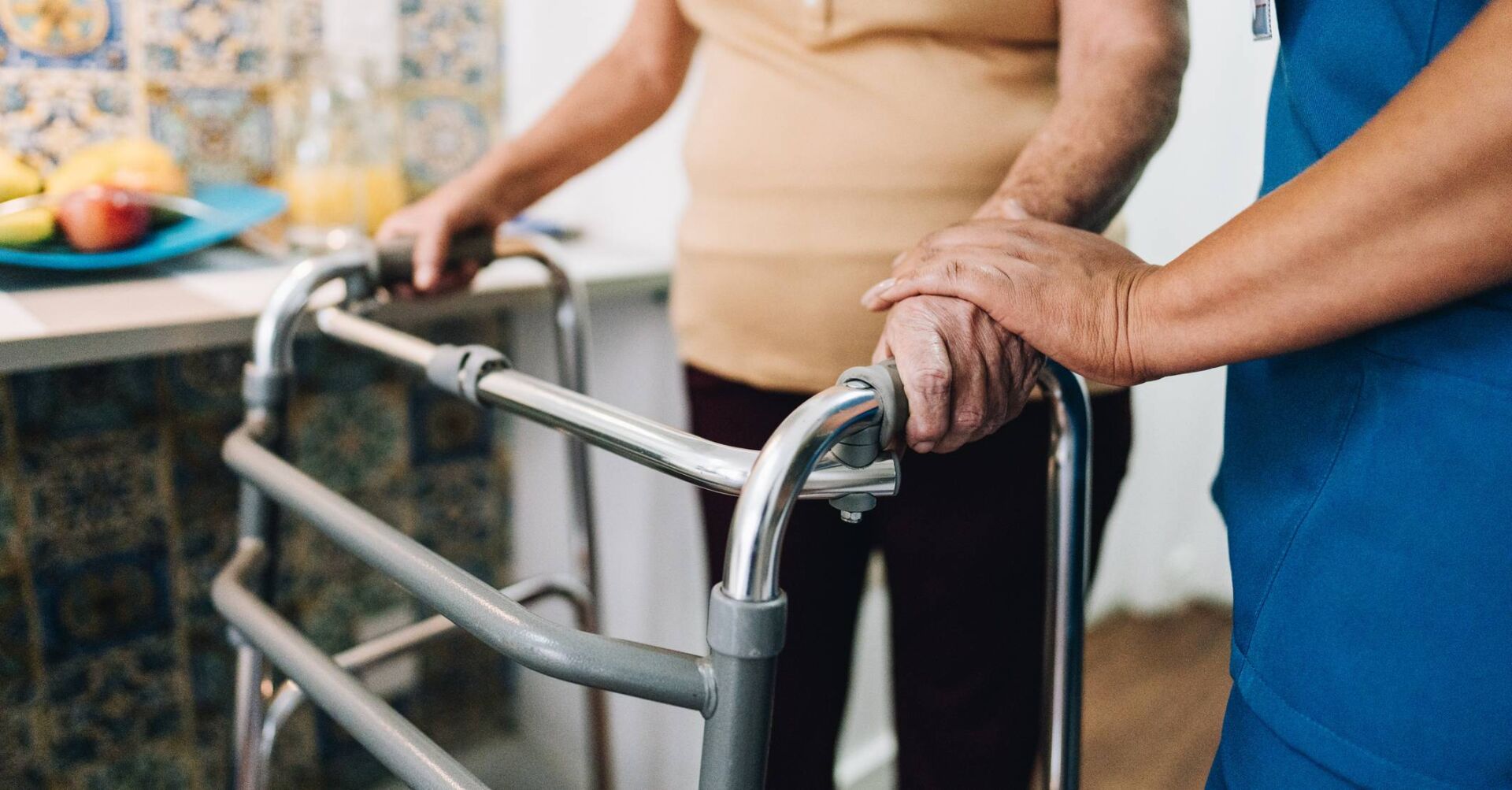General practice nurses (GPNs) are being urged to play a ‘leading role’ in signing up their practices to become Veteran Friendly Accredited and help improve veteran’s access to healthcare services.
Just over 3,000 GP practices in England are currently accredited by the free scheme, which was developed by the Royal College of GPs and NHS England in 2018 to help practices identify, understand and support veterans.
In a fresh call from those behind the scheme, in conjunction with the Office for Veterans’ Affairs (OVA), GPNs are being urged to take the lead on encouraging their employers to sign up to the programme.
It comes after a survey of around 5,000 veterans in England found that more than half (55%) have experienced a mental or physical health issue potentially related to their service since leaving the armed forces. More than four in five of those (84%) said their condition had deteriorated during this time.
However, one in seven (14%) of veterans who had experienced service-related issues after leaving the armed forces had not sought help from a healthcare professional.
Almost a third (30%) of respondents said they would ‘prefer to manage their issues on their own’, while 15% were concerned a civilian health professional ‘won’t understand their experiences’.
The findings suggested almost two-thirds of veterans (63%) would be more likely to seek help for any issues they might experience if they knew their GP practice was signed up to the Veteran Friendly Accreditation scheme.
This week the RCGP has made a fresh appeal to nurses and their GP practices to ‘take the quick and simple step of signing up to the programme’.
As well as signing up their practices, GPNs can also play the critical role of Veteran Lead for their practice as part of the scheme.
Debbie Peach, advanced nurse practitioner and Veteran Lead at Hartington Surgery, Hartington, Derbyshire, said: ‘As someone who has served in the armed forces and is a champion for the Veteran Friendly Accreditation scheme, I feel immensely proud to lead my practice team in delivering the very best care and support to veterans in our community.’
Ms Peach, who is also a Queen’s Nurse, said the scheme not only helped ‘improve health outcomes for veteran patients’, but it provided her team with ‘the confidence, knowledge and access to a wealth of veteran friendly resources’.
‘We actively identify our veteran patients and, when appropriate, refer them to the specialist health services that exist to support them,’ she added.
‘Given the data indicating that veterans are more inclined to seek help if they know their practice is Veteran Friendly Accredited, I would encourage all of my nursing colleagues to sign their practices up to this free scheme. The process is quick and easy, yet the impact it can have is profound and long-lasting.’
Dr Jonathan Leach, NHS England associate medical director for armed forces and veterans health, said: ‘Not only does the free programme support practice teams to deliver the best health outcomes for their veteran patients, but it also saves busy practice staff precious time by enabling them to more quickly and effectively identify, understand and support veterans – reducing the need for repeat appointments and shortening waiting times for diagnosis and treatments.’
Minister for veterans’ affairs, Johnny Mercer, added: ‘Providing veterans with access to world class health care is fundamental to achieving this government’s ambition to make this the best country in the world to be a veteran.
‘As this new research shows, veterans are more likely to seek help if they know their practice is Veteran Friendly Accredited. I’m therefore urging those practices that are yet to sign up to ensure our veterans access the support they need.
‘This quick and simple step will help encourage more veterans to contact their GP and say they served. Doing so will help to ensure that they receive the care that’s right for them.’







